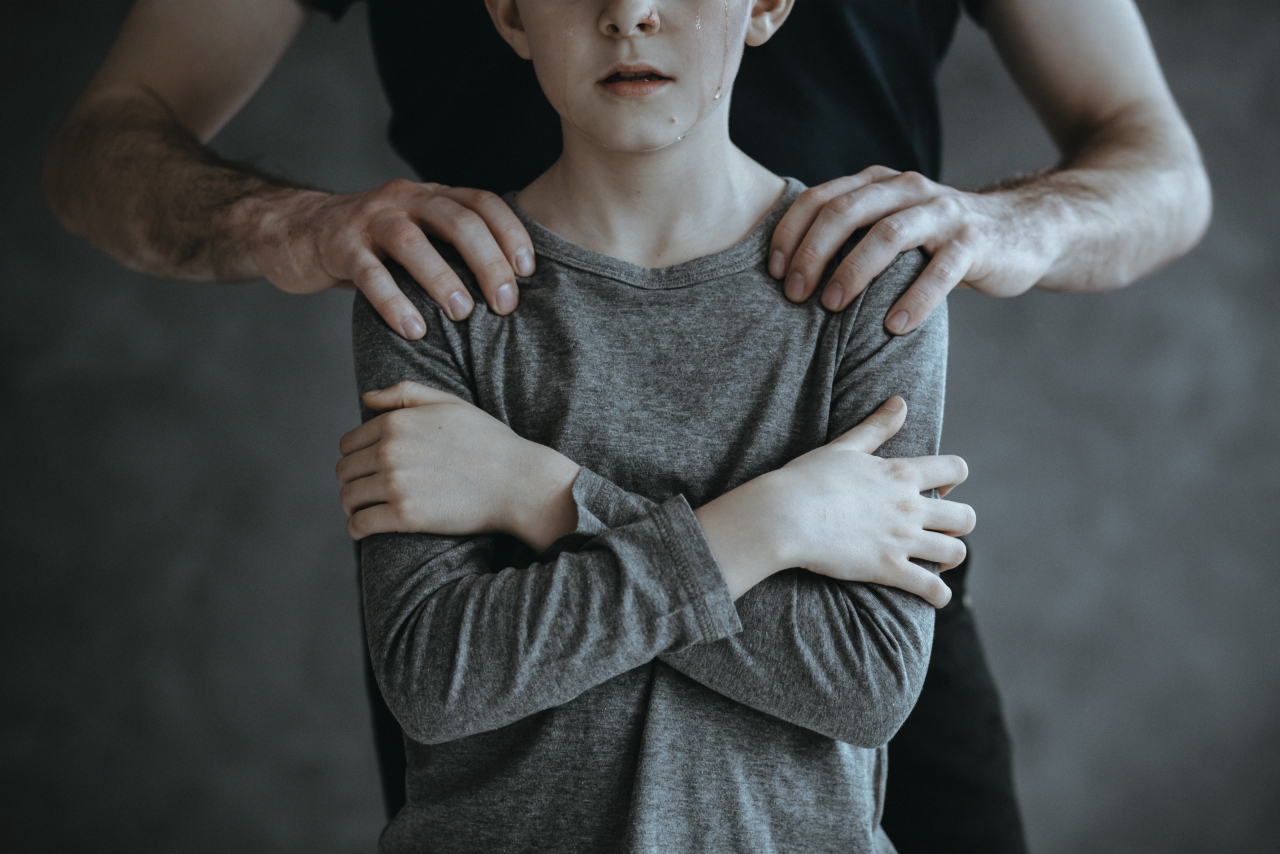Pedophiles in treatment highly rare, experts say will matter most
By Lee Jung-YounPublished : Oct. 18, 2022 - 15:15

Only about 20 people a year receive treatment to manage pedophilia, while sex offenders against minors who have been newly ordered to register their personal information surpassed 2,900 on average in last four years. Experts call for more specific standards to judge pedophilic tendency while stressing that the patients’ will is the most important factor in treatment.
Pedophilia, classified as a sexual preference disorder, requires medical approach. According to data Rep. Shin Hyeon-young from the Democratic Party of Korea received from the Health Insurance Review & Assessment Service on Tuesday, about 300 to 400 people received treatment annually to manage sexual preference disorders from 2017 to 2021.
Among them, patients with pedophilia numbered 10 in 2017, 21 in 2018, 22 in 2019 and 25 in 2020, averaging 19.5. However, during the same period, 3,195 criminals were ordered to register personal information after committing sex crimes against minors in 2017, 3,219 in 2018, 2,753 in 2019, and 2,607 in 2020, for a four-year average of 2,943 new registrations annually.
Also, considering some offenders who have attempted but failed, and others who have not been ordered to disclose their information even after committing similar crimes, the proportion of possible pedophiles not receiving treatment may be higher.
High risk of recidivism
Sex crimes against minors have high risks of recidivism. Some offenders commit a series of crimes, such as Kim Geun-sik, who sexually assaulted 11 minors in the Seoul metropolitan area from May to September 2006. He was originally scheduled to be released Monday, but the prosecution filed an arrest warrant a day before his release on a new charge of sexually harassing another victim who was also a minor at the time.
Before the prosecution arrested Kim on Monday, Uijeongbu, Gyeonggi Province, experienced turmoil as Kim originally planned to stay at facility located in the area after release. Uijeongbu Mayor Kim Dong-geun strongly resisted, saying via social media on Saturday, “I will shut down the roads near the facility to prevent Kim’s entry and secure our citizens' safety." Local residents also gathered in front of the facility to hold a protest.
The turmoil ended when Kim Geun-sik's rearrest was confirmed. This three days of chaos demonstrates the public's anxiety regarding untreated child sex offenders.
Along with public demands, authorities and lawmakers are proposing stronger measures to deal with child sex offenders and their recidivism. The Justice Ministry announced its plan to expand the "medical treatment and custody" of convicted pedophiles on Sept. 22, which refers to detaining offenders at high risk of recidivism at state facilities and providing them with psychiatric treatment.
Rep. Yoon Sang-hyun of the People Power Party said through his social media on Sunday that he would suggest a chemical castration bill to allow hormone therapy even after release.
Clear standard and patients’ will
Despite new proposals for intensive countermeasures against sex offenders targeting children, it is commonly thought that pedophilia is hard or even impossible to cure or treat. Asked whether treatment for pedophilia is effective enough, Lee Soo-jung, a criminal psychology professor at Kyonggi University, said it is the patient's will that matters most.
“If the person does not have a voluntary will to deal with pedophilia, no treatment can succeed,” said Lee.
“They might conform to hormone therapy in prison or a facility, but as soon as they got released, they will be exposed to several easy routes to get aphrodisiac pills.”
Currently, sex offenders who have not been sentenced to hormone therapy can be released on parole if they agree to receive hormone therapy. Lee said there are dozens of offenders on this conditional parole. “It only works if the person has clear will to deal with the problem. Introducing any form of restraint in the form of punishment will fail,” said Lee.
She also pointed out that comprehensive treatment based on fundamental understandings about the subject should be preceded, as not all sex offenders against minors are pedophiles. “Some sex offenders who targeted a child just did so because they are easy to attack,” she explained. "In such cases, treatment should be conducted on managing violence and anti-social behaviors, not about pedophilic factors."
Criminal psychology professor Gong Jung-sik of Kyonggi University called for more clear and systematic standards to judge subjects’ condition. As there are people who commit crimes again even after medical treatment and custody, Gong said it implies the current system is failing to predict the subject's prognosis.
“The correctional institutions need to come up with stronger restraining measures if hormone treatment and psychotherapy fail. To do so, we need accurate standards and tests to determine the patient’s exact state,” said Gong.








![[Graphic News] More Koreans say they plan long-distance trips this year](http://res.heraldm.com/phpwas/restmb_idxmake.php?idx=644&simg=/content/image/2024/04/17/20240417050828_0.gif&u=)
![[KH Explains] Hyundai's full hybrid edge to pay off amid slow transition to pure EVs](http://res.heraldm.com/phpwas/restmb_idxmake.php?idx=644&simg=/content/image/2024/04/18/20240418050645_0.jpg&u=20240419100350)





![[From the Scene] Monks, Buddhists hail return of remains of Buddhas](http://res.heraldm.com/phpwas/restmb_idxmake.php?idx=652&simg=/content/image/2024/04/19/20240419050617_0.jpg&u=20240419175937)

![[KH Explains] Hyundai's full hybrid edge to pay off amid slow transition to pure EVs](http://res.heraldm.com/phpwas/restmb_idxmake.php?idx=652&simg=/content/image/2024/04/18/20240418050645_0.jpg&u=20240419100350)

![[Today’s K-pop] Illit drops debut single remix](http://res.heraldm.com/phpwas/restmb_idxmake.php?idx=642&simg=/content/image/2024/04/19/20240419050612_0.jpg&u=)